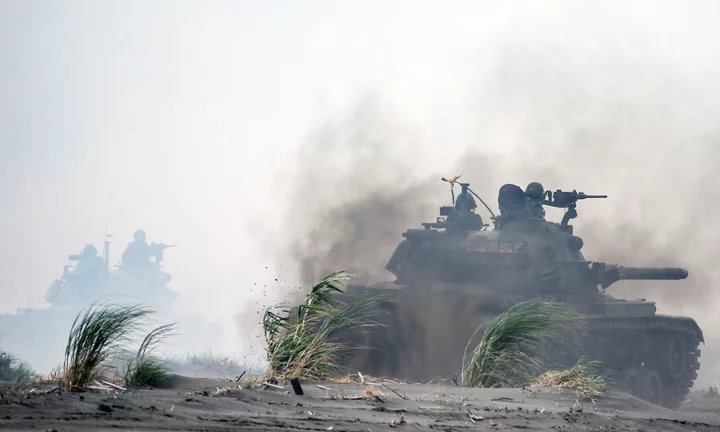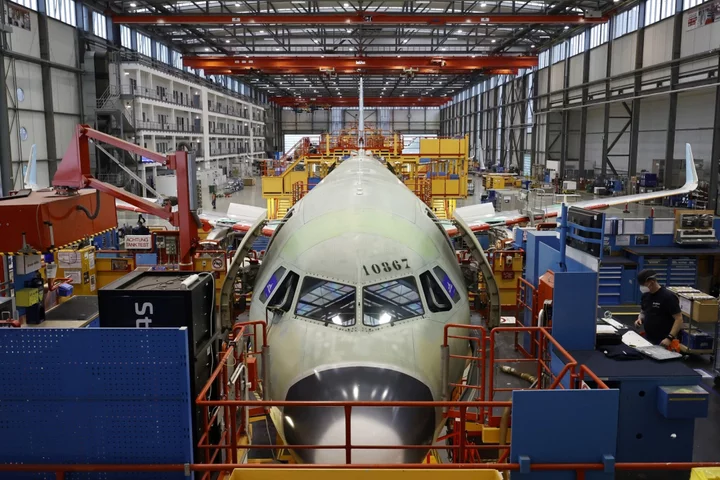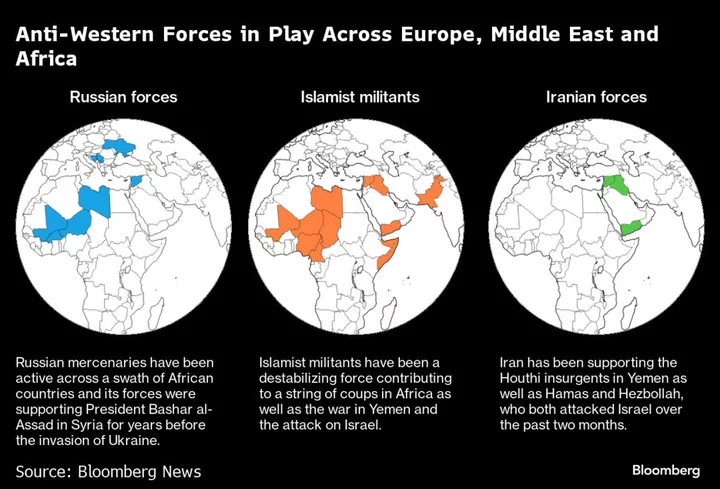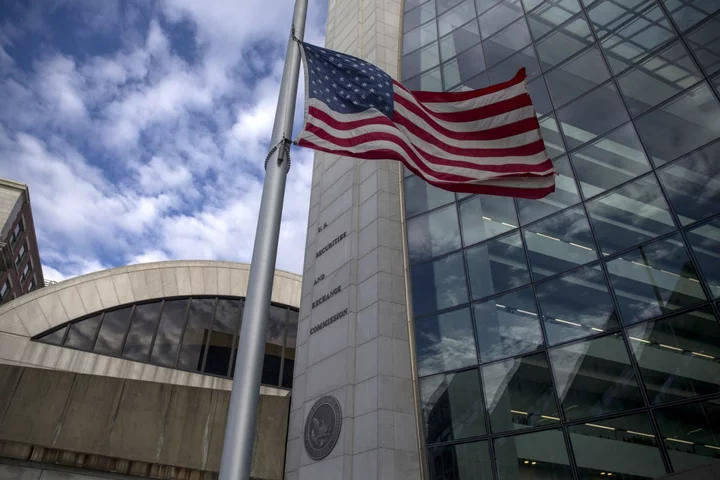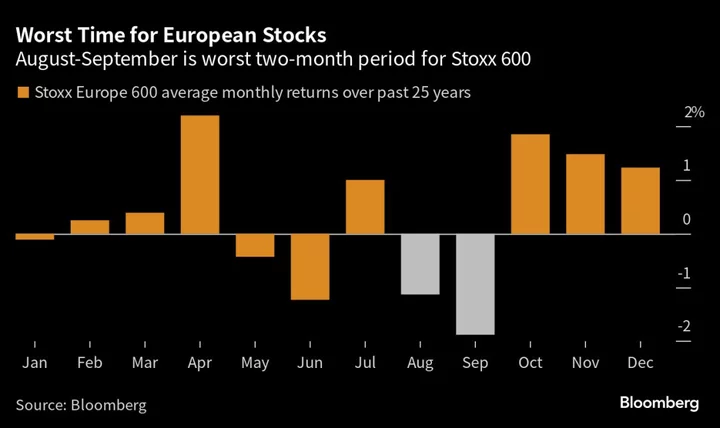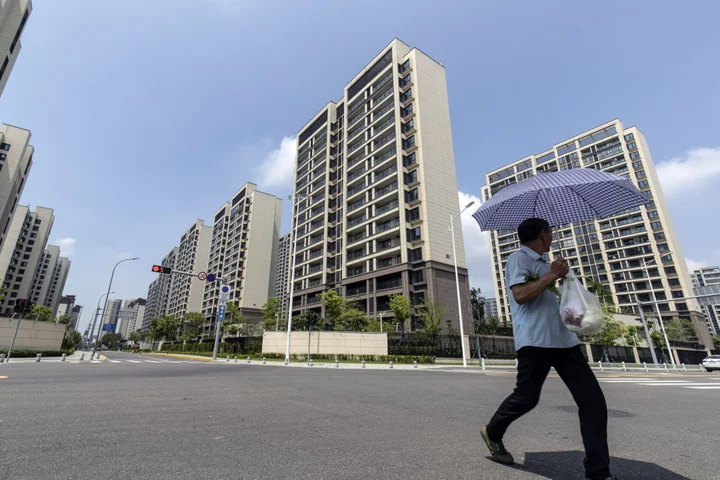Taiwan’s growing capability to blunt a potential Chinese invasion could be stymied by domestic political and infrastructure challenges, according to a new analysis from Congress’s research arm.
Taiwan’s 2023 defense budget of around $24.6 billion represents nearly a 10% increase from 2020. It’s the largest purchaser of US arms since 2020 and its defense relationship with the US “confers a range of political and military advantages as well,” Congressional Research Service Asia analyst Caitlin Campbell said in a new assessment released Thursday, the first of its kind by the agency in several years.
But strained civil-military relations and a host of other challenges could undermine Taiwan, the report suggested. It’s also not clear what costs the island nation’s people would be willing to bear in the face of Chinese aggression, CRS said.
Taiwan’s Lai Is Resolved to Shift From China After Mango Ban
“The archipelago’s energy, food, water, internet, and other critical infrastructure systems are vulnerable to external disruption,” according to the report. “Civil defense preparedness is insufficient, according to some observers, and Taiwan’s military struggles to recruit, retain, and train personnel.”
China’s military is training for missile strikes, seizures of Taiwan’s outlying territory, blockades and an amphibious landing, which the report calls “the riskiest and most challenging campaign.” The PRC is also ramping up “gray zone” pressure below the threshold of an all-out attack that consists of “persistent, low-level, non-combat operations that analysts say are eroding Taiwan’s military advantages and readiness,” CRS said.
Among the biggest challenges is that Chinese military operations near Taiwan during peacetime could weaken the island’s ability to tell if Beijing is preparing for an actual invasion.
Foxconn Founder Terry Gou Keeps Taiwan Guessing on Election Bid
If China “were to use such operations as cover for an imminent attack, it could significantly shorten the time Taiwan would have to respond,” the report said. Those maneuvers give China training and intelligence-gathering opportunities, it said.

